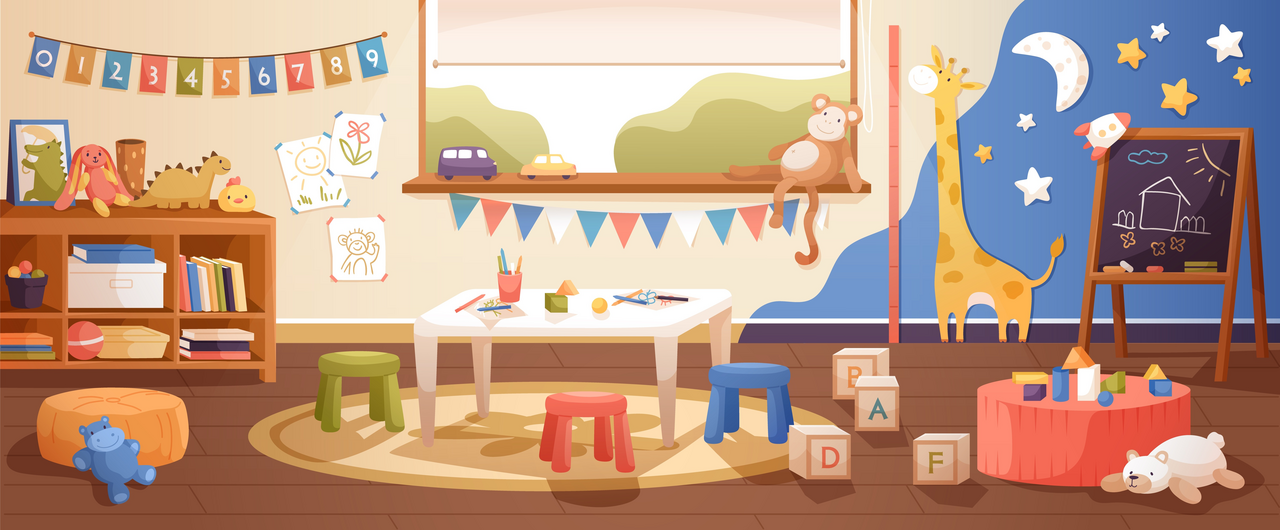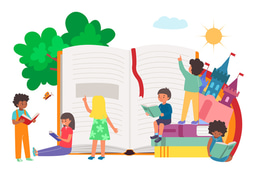Opinion: Welcoming SEND families to early years education

All early years providers will be used to dealing with nervous parents looking to understand that their child's physical and emotional needs will be met as they entrust the care of the most important part of their lives to someone else. Imagine then the anxiety felt by the parents of a child with medically complex, physical or other additional needs – will my child be safe, treated with dignity and included in all activities? How will staff and other children interact with them?
Peace of mind
Peace of mind for a parent of a child with additional needs depends on your child not being seen as a burden, rather knowing that they are welcomed, supported and enabled to make progress and that their achievements (no matter how small or significant) are celebrated with genuine joy. Ensuring an inclusive welcome for a child with additional needs can be daunting. Early years practitioners will be familiar with their obligations in the EYFS and the SEND Code of Practice, but like most areas of SEND law, guidance can be difficult to navigate, and support from Local Authorities (LAs) somewhat of a post-code lottery.
Early intervention can make the world of difference for most children with additional needs, setting them up for a life-long positive experience of education. Of course, the converse can be true, so early years practitioners are crucial for identifying additional needs at the first available opportunity and helping to secure support in collaboration with the family. This may be in the form of LA funding for additional equipment or staff in the nursery setting, or assistance in applying for an Education, Health and Care Plan (EHCP).
Education, Health and Care Plan
An EHCP is a legal document under the Children and Families Act 2014, outlining any special educational needs a child has and the provision an LA must put in place to support them. EHCPs are essentially a child's passport to access education. Due to funding issues, however, support is restricted where possible, with parents often requiring costly legal appeals to get the necessary provision. Vulnerable children and families are being placed at a significant disadvantage.

Too many families are given incorrect information by their nursery SENCO – that parents cannot apply for EHCPs, or that a child is not entitled to an EHCP until they have proved the school's provision is inadequate. Neither of these is true, and it is essential that early years providers are in a position to give correct information and support an EHCP application, if appropriate.
The challenges
There is no doubt that parenting a child with a disability or special needs is challenging – time is short, juggling medical and therapy appointments and managing your child's day-to-day needs, as well as providing an income for your family. Research from Scope shows that, on average, a family with a disabled child would have to pay £581 a month to have the same standard of living as a family with a non-disabled child. For one in five families, these extra costs come to more than £1000 a month. Post-covid, in the current cost of living crisis, this is only compounded. Early years practitioners not only enable SEND parents to stay in work and provide for their families, but SENCOs can also be a critical resource, signposting parents to where support can be given.
I recently joined Support SEND Kids as a Trustee, as, having negotiated the difficult process of getting the right support for my child, I'm passionate about redressing the balance and ensuring access to justice for all families in this area. The charity aims to democratise access to information that puts parents and carers on an equal footing with LAs, making the process a little less overwhelming. Recently we worked with barristers David Wolfe QC and Leon Glenister to digitise and host the ‘Noddy Guide’, a definitive, no-nonsense guide to SEN law reimagined in accessible Q&A format to give parents and educators the same access to information as judges and LAs.
The goal is to make the law accessible. If you are a SENCO or practitioner with an interest in this area, please visit: https://supportsendkids.org and join our platform for free to access the Noddy Guide or ask questions to our community in order to understand and navigate topics relating to SEN and Disability law.





Please sign in or register for FREE
If you are a registered user on SEND Network, please sign in